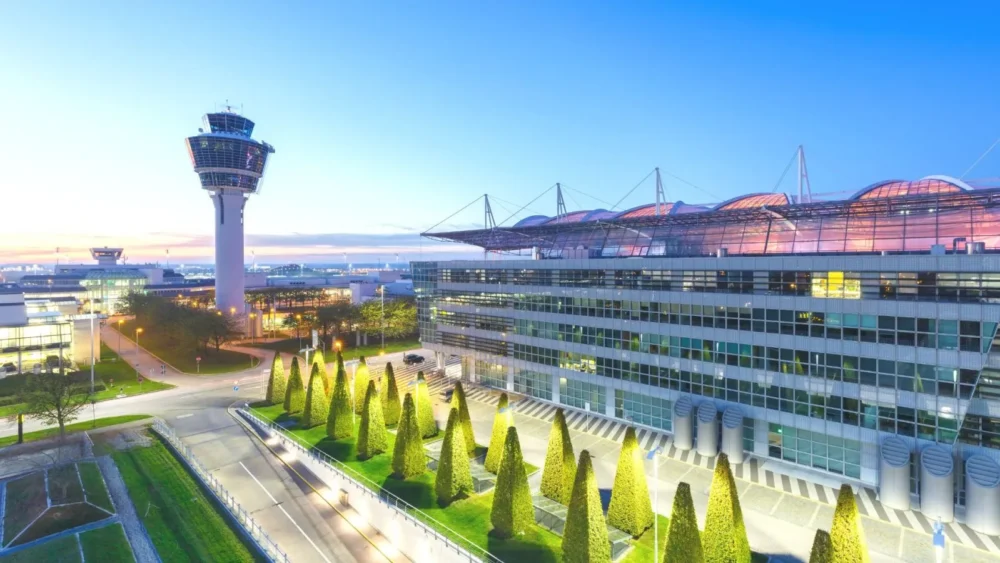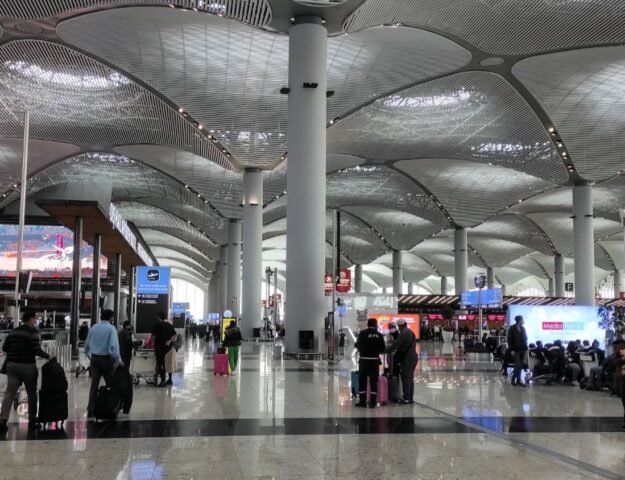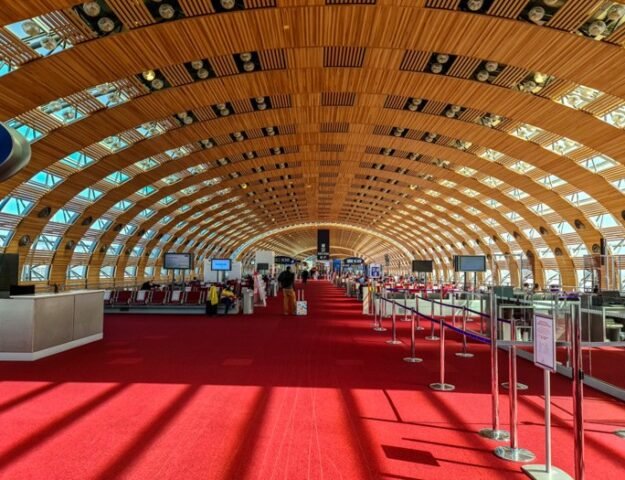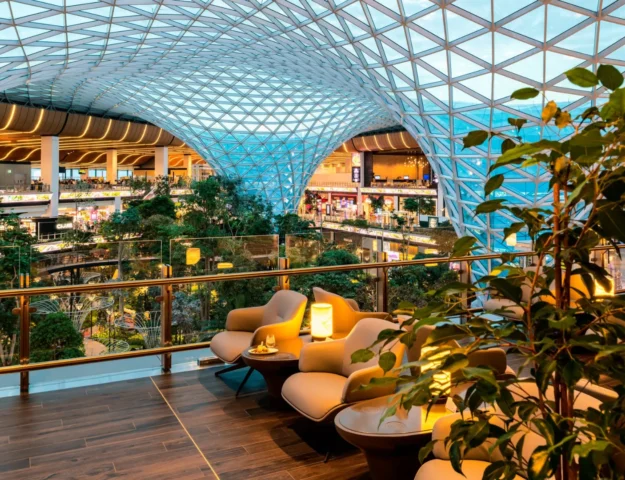Airports are more than just gateways to the skies—they’re powerful engines of connectivity, commerce, and culture. Munich Airport (Flughafen München), located in the heart of Europe, exemplifies this idea. It is globally recognized not only for its operational efficiency and world-class design but also for its innovative services, sustainability efforts, and significant impact on the regional and global economy.
In this comprehensive blog, we’ll explore the history, architecture, innovations, sustainability initiatives, and broader impact of Munich Airport, highlighting how it serves as both a vital transportation hub and a destination in itself.
Historical Evolution: From Airfield to Aviation Powerhouse
Munich Airport’s origins trace back to a modest airfield called Flugplatz Reim, initially used for postal flights. However, the demand for air travel in post-war Europe soon outgrew its capacity. Recognizing this, the German government began planning for a major international airport in the 1960s.
Construction of the new airport began in phases, culminating in its official inauguration in 1992 with the opening of Terminal 1. This marked a turning point for the region, transforming Munich into one of Europe’s most important aviation hubs. In subsequent years, the airport saw the development of Terminal 2, a second runway, and the Munich Airport Center (MAC), a multifunctional facility that blends shopping, dining, and business services.
Architectural Marvel: Where Form Meets Function
Munich Airport is renowned for its modernist architecture—clean lines, glass facades, and an abundance of natural light. Designed with both aesthetic appeal and passenger flow in mind, the airport provides an open and calming environment despite its massive scale.
Terminal 2, co-developed with Lufthansa, was designed by the acclaimed architect Helmut Jahn. Its central hall, enclosed in shimmering glass, reflects the essence of German design—elegant, functional, and future-ready. The airport’s layout is also highly intuitive, minimizing walking distances and making it easy for passengers to navigate.
Innovative Services & Passenger Experience
Munich Airport takes pride in offering one of the most seamless and pleasant passenger experiences in the world. Here are some of the standout features:
- Advanced Baggage Handling: A state-of-the-art system ensures quick and reliable luggage transport. Travelers can even track their baggage via a mobile app.
- Digital Integration: From online check-in to mobile boarding passes and a highly functional airport app, digital convenience is embedded into every step.
- Premium Lounges: A wide range of lounges offer gourmet dining, private rest areas, workstations, and spa services for business and first-class travelers.
- Retail & Shopping: Enjoy duty-free shops, luxury boutiques, and traditional Bavarian gift stores.
- Culinary Delights: The airport is famous for its food options, ranging from traditional Bavarian cuisine to international gourmet meals. Don’t miss a stop at one of the on-site beer gardens.
- Family-Friendly Facilities: Play areas, baby care stations, and kid-friendly dining spots help ease travel stress for families.
Environmental Responsibility: A Green Approach to Aviation
Munich Airport leads by example in environmental stewardship. Its ambitious sustainability initiatives include:
- Renewable Energy: Investments in solar panels, biogas, and energy-efficient infrastructure help reduce the airport’s carbon footprint.
- Eco-Friendly Operations: The airport utilizes ground power units and preconditioned air systems to cut emissions from parked aircraft.
- Waste Management: A comprehensive program focuses on recycling and reducing waste across all terminals.
These initiatives reflect Munich Airport’s ongoing commitment to achieving a balance between expansion and environmental sustainability.
Economic Engine: Boosting the Region and Beyond
Munich Airport is a major economic driver for Bavaria and beyond. Its contributions include:
- Job Creation: The airport supports thousands of direct and indirect jobs, from aviation professionals to retail staff and logistics providers.
- Business Connectivity: The airport’s global reach makes Munich an attractive hub for international corporations and start-ups alike.
- Tourism Impact: As a primary entry point to Germany, the airport plays a vital role in supporting the local tourism economy.
- Cargo & Trade: It is also a major cargo gateway, handling essential goods and boosting trade across Europe and internationally.
Cultural Integration: A Gateway to Bavarian Heritage
Unlike many international airports, Munich Airport embraces its cultural roots. Travelers in transit can enjoy:
- Live Bavarian Music
- Seasonal Festivals & Exhibitions
- Local Art Installations
- Traditional Cuisine
This cultural immersion transforms the airport into an authentic regional experience, giving visitors a taste of Bavaria before they even leave the terminal.
Technological Innovation & Connectivity
Munich Airport remains at the forefront of aviation technology:
- 5G Internet Access throughout the terminals.
- Autonomous Transport Pods for intra-terminal transfers.
- Smart Passport Control with automated systems for faster immigration.
- Electric Vehicle Charging Stations and smart parking options.
These advancements ensure that the airport stays future-ready, enhancing both operational efficiency and passenger satisfaction.
Conclusion: More Than a Gateway
Munich Airport is more than just a transportation hub—it’s a symbol of innovation, culture, sustainability, and economic vitality. From its architectural brilliance to its green initiatives and cultural events, the airport is a microcosm of what makes Germany a global leader in engineering and hospitality.
It’s not just about where you’re flying to—it’s about how the journey begins. And at Munich Airport, that journey begins with excellence.
Stay connected with Travels Chronicles for more inspiring insights into the world’s most remarkable airports and travel experiences.





